Travel: stay home and think of Japan
A Japanese outlook on life will help see us through the lockdown, says Chris Carter.

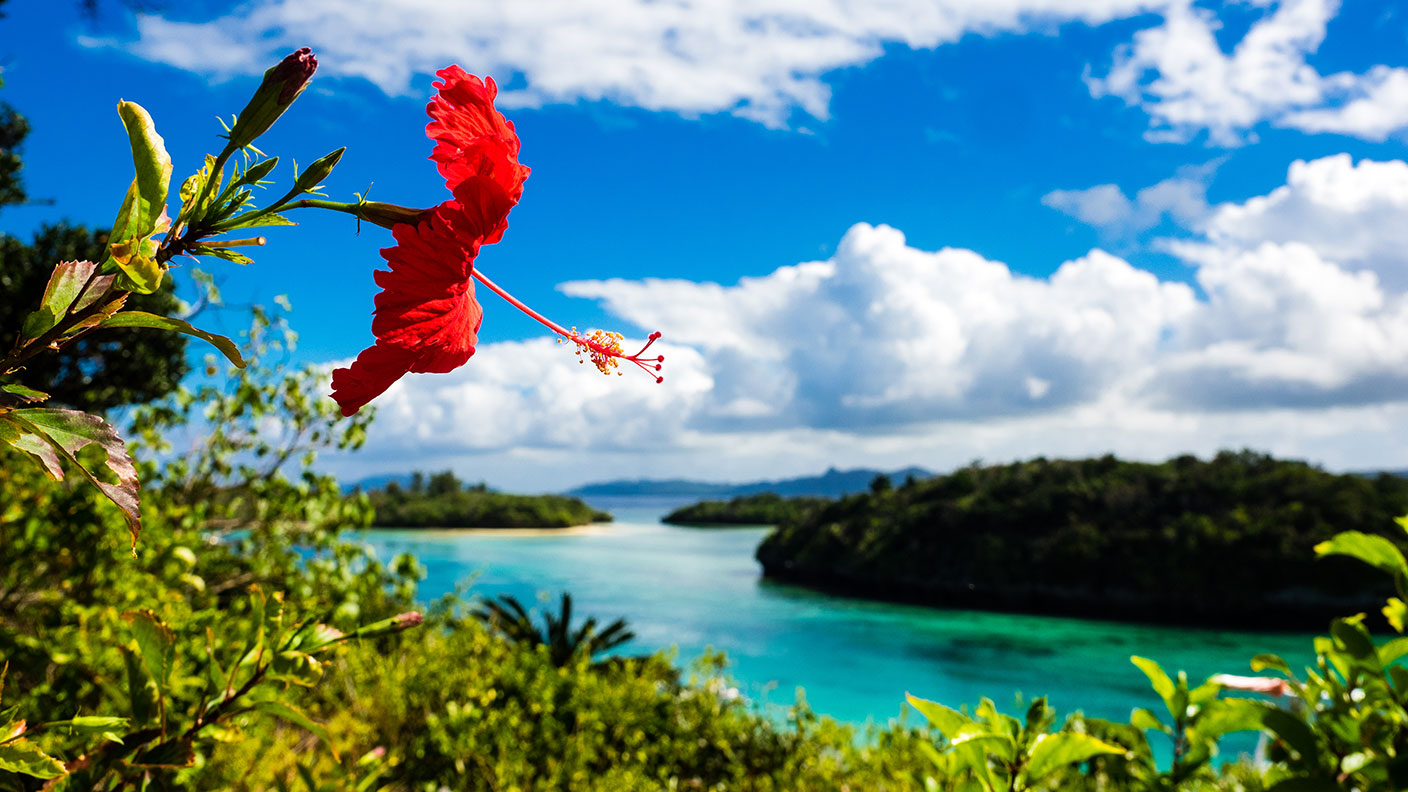
Get the latest financial news, insights and expert analysis from our award-winning MoneyWeek team, to help you understand what really matters when it comes to your finances.
You are now subscribed
Your newsletter sign-up was successful
Want to add more newsletters?

Twice daily
MoneyWeek
Get the latest financial news, insights and expert analysis from our award-winning MoneyWeek team, to help you understand what really matters when it comes to your finances.

Four times a week
Look After My Bills
Sign up to our free money-saving newsletter, filled with the latest news and expert advice to help you find the best tips and deals for managing your bills. Start saving today!
With England a week into its second lockdown, travel discouraged across much of the rest of Britain, and winter fast approaching, millions of us are getting reacquainted with life indoors. It has therefore never been more important for us to stay focused and happy on a daily basis. That is essentially what the Japanese concept of ikigai is all about. “Formed by combining ‘iki’, meaning ‘life’, and ‘gai’, meaning ‘to be worthwhile’, the term is a succinct way to describe what gets you up in the morning – be it work, family or a well-loved hobby – much like a prosaic version of the French term raison d’être,” says Lily Crossley-Baxter for BBC Travel. “It’s something you live for… If you have a great time when you are working, it could be ikigai. If you have a family you love and you can do something for, it’s also ikigai.”
A philosophy for a long life
The origins of the word can be found in Japan’s Heian period (794-1185), says Lucy Dayman of website Savvy Tokyo earlier this year, with the “gai” part thought to stem from “kai”, the Japanese word for shell. In the Heian period, shells were “extremely valuable” and the association with wealth can be seen in related Japanese words, such as hatarakigai, meaning “the value of work”. “Gai” is, therefore, “the key to finding your purpose, or value in life”, says Dayman. Many believe “ikigai can make you live longer and with more direction”. Just look at the Okinawans, as Héctor García and Francesc Miralles write in the prologue to their 2017 international bestseller Ikigai: The Japanese Secret to a Long and Happy Life. Ikigai “translates roughly as ‘the happiness of always being busy’”. With that philosophy shaping their lives, along with “a healthy diet, a simple life in the outdoors, green tea… [and the subtropical climate], it’s little wonder that the inhabitants of Okinawa, an island in the far south of Japan, are among some of the world’s longest-lived.
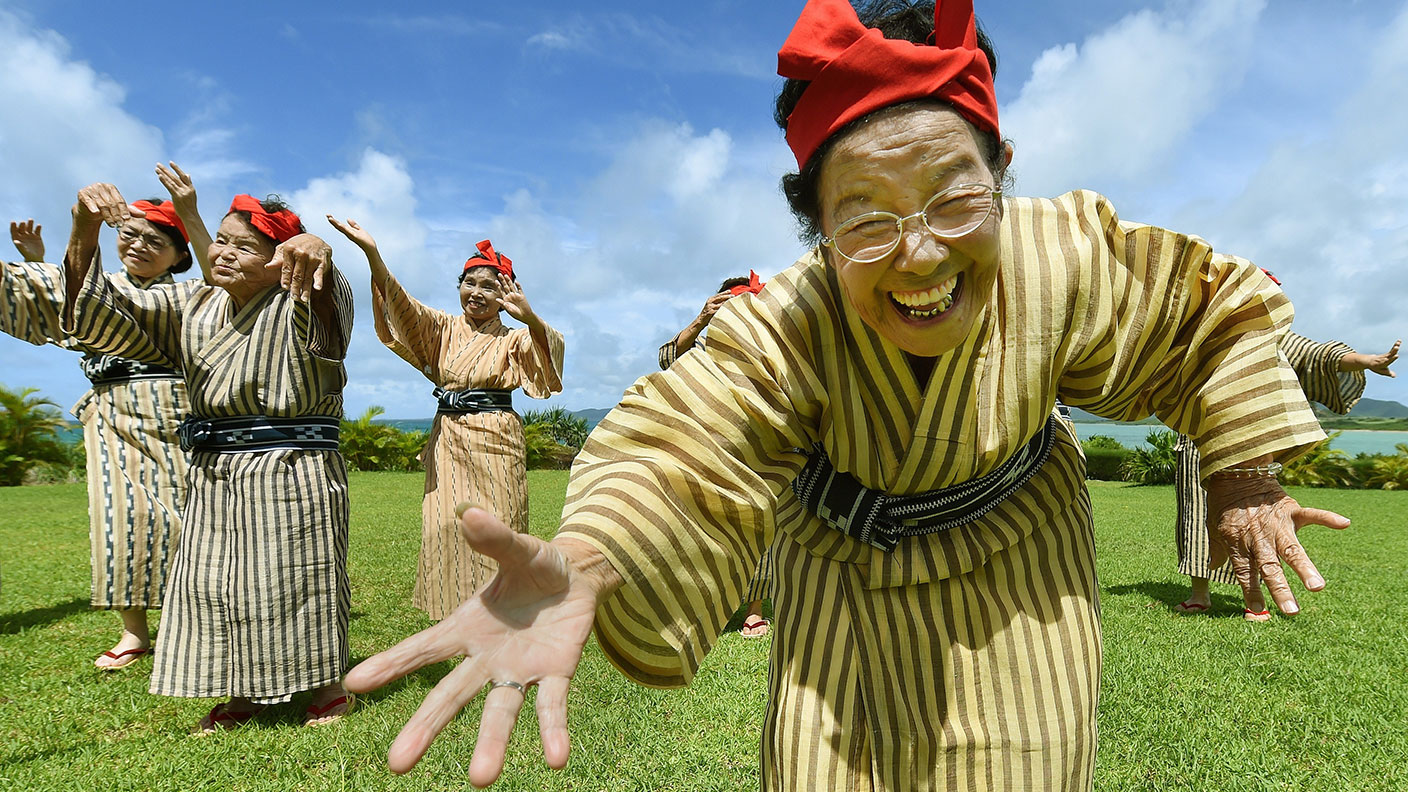
Okinawa is ideally suited to this way of life. It is “Japan’s version of an island paradise”, says Rob Goss in Wanderlust magazine. Visitors will find “winning sunsets” at Cape Manzamo. But the island is also prized for its cuisine, which, besides “great seafood, includes stewed pig trotters, sliced pig’s ear and a bitter-tofu-pork stir fry called goya champuru”. The nearby Yaeyama Islands, Japan’s most south-westerly point, are also worth exploring, lying closer to Taiwan than Tokyo. “Ishigaki has cobalt bays and white beaches; Iriomote is covered in jungle; sleepy Taketomi has villages where the traditional stone bungalows are capped with red-tile roofs… [while] Yonaguni has wild ponies and scuba spots, where divers can swim with hammerhead sharks.” The closest of Japan’s four main islands to Okinawa, Kyushu, benefits from geothermal activities, hence the “photogenic volcanoes’ and hot springs (onsen). Ibusuki city, part of Kagoshima on the coast, has plenty of onsen baths, “as well as ryokan inns for a night’s traditional accommodation and sand baths, if you fancy being buried up to your neck in steaming hot sand to improve skin and circulation”.
MoneyWeek
Subscribe to MoneyWeek today and get your first six magazine issues absolutely FREE

Sign up to Money Morning
Don't miss the latest investment and personal finances news, market analysis, plus money-saving tips with our free twice-daily newsletter
Don't miss the latest investment and personal finances news, market analysis, plus money-saving tips with our free twice-daily newsletter
Embrace ikigai at home
Tourists will also be able to board a new luxury sight-seeing train that left Kagoshima last month for its maiden voyage around the island. It takes its name, 36+3, from the fact that Kyushu is the 36th largest island in the world, with the “3” representing passengers, local residents and the railway company, says The Japan Times. Incorporating a mixture of Japanese and Western design elements, passengers will be able to “enjoy local cuisine, including sake, wagyu [beef] and seafood” along the way, from ¥12,000 (£88).
Of course, for those of us in Britain, Kyushu and Okinawa will have to wait – at least for now. But that doesn’t mean you can’t embrace the concept of ikigai at home. As one elderly resident of Ogimi, on Okinawa island, reputed to be the village with the highest percentage of centenarians in the world, told García and Miralles for their book, “The most important thing in Ogimi, in life, is to keep smiling”.
Get the latest financial news, insights and expert analysis from our award-winning MoneyWeek team, to help you understand what really matters when it comes to your finances.

-
 Should you buy an active ETF?
Should you buy an active ETF?ETFs are often mischaracterised as passive products, but they can be a convenient way to add active management to your portfolio
-
 Power up your pension before 5 April – easy ways to save before the tax year end
Power up your pension before 5 April – easy ways to save before the tax year endWith the end of the tax year looming, pension savers currently have a window to review and maximise what’s going into their retirement funds – we look at how
-
 Adventures in Saudi Arabia
Adventures in Saudi ArabiaTravel The kingdom of Saudi Arabia in the Middle East is rich in undiscovered natural beauty. Get there before everybody else does, says Merryn Somerset Webb
-
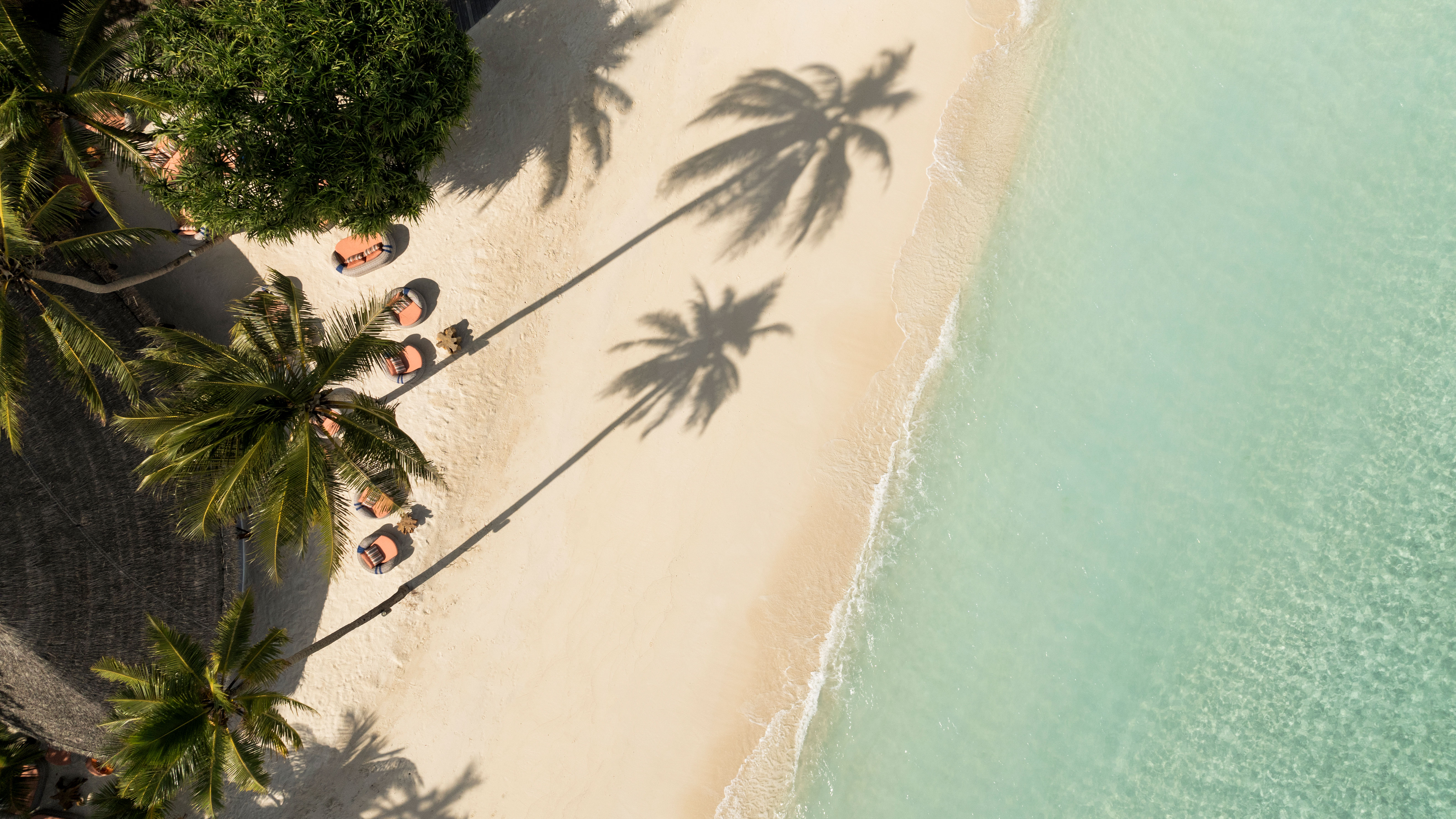 Review: Constance Moofushi and Halaveli – respite in the Maldives
Review: Constance Moofushi and Halaveli – respite in the MaldivesTravel The Constance resorts of Moofushi and Halaveli on two idyllic islands in the Maldives offer two wonderful ways to unwind
-
 Affordable Art Fair: The art fair for beginners
Affordable Art Fair: The art fair for beginnersChris Carter talks to the Affordable Art Fair’s Hugo Barclay about how to start collecting art, the dos and don’ts, and more
-
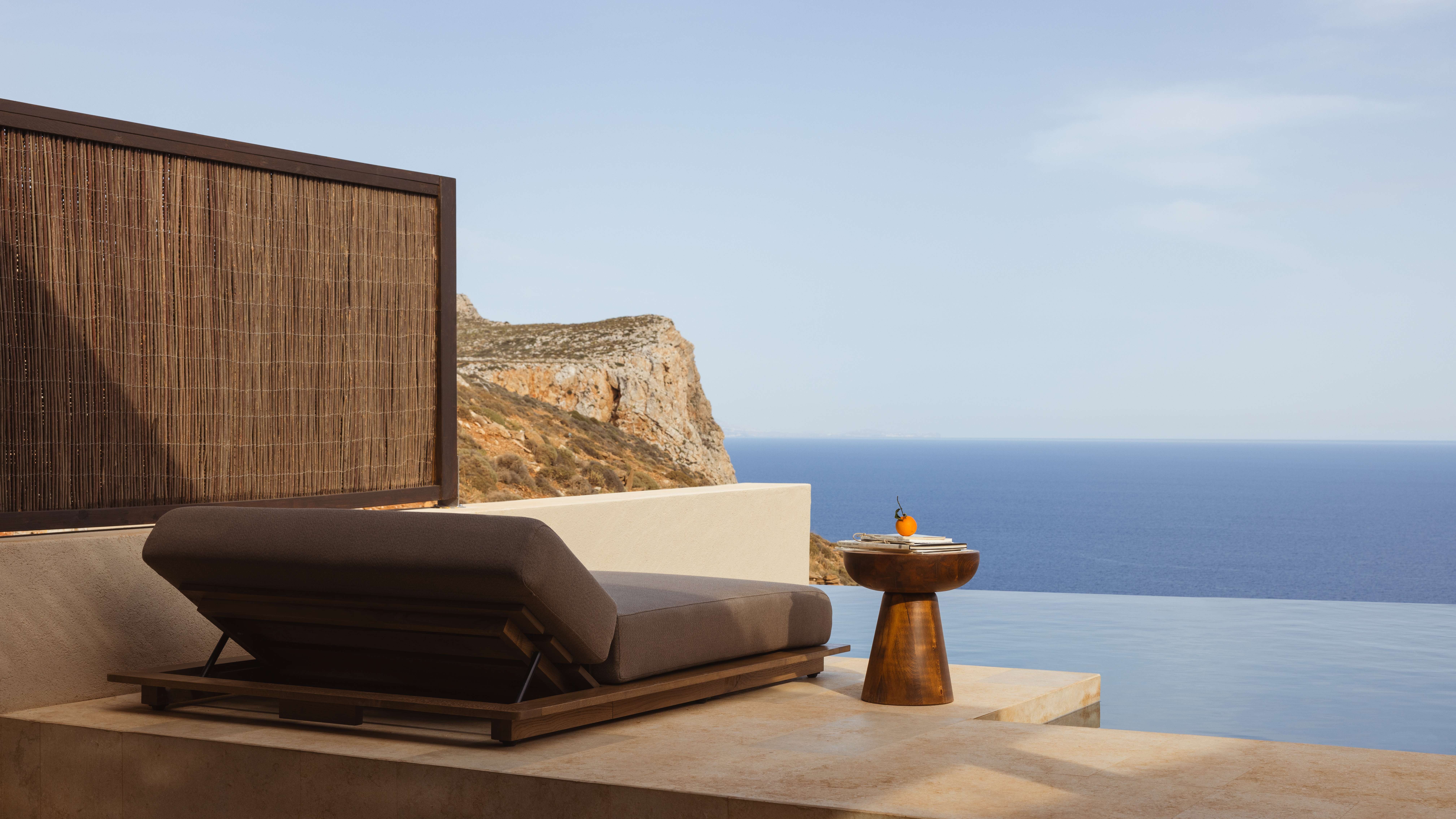 Review: Gundari, a luxury hotel in the Greek island of Folegandros
Review: Gundari, a luxury hotel in the Greek island of FolegandrosNicole García Mérida stayed at Gundari, a luxurious hotel on Folegandros, one of the lesser-known islands in the southern Cyclades in Greece
-
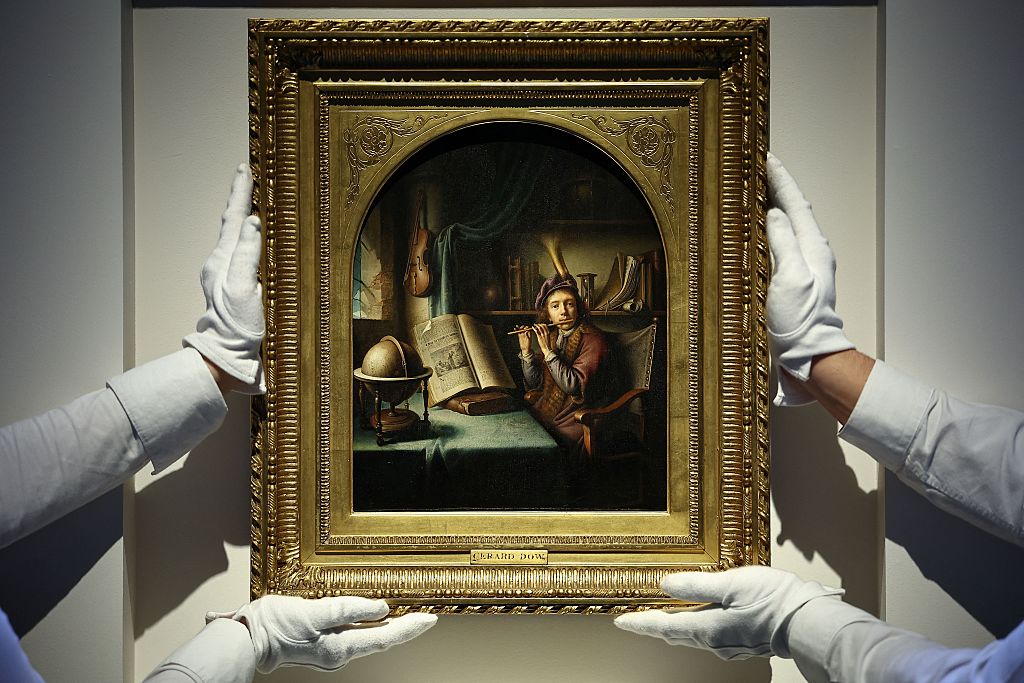 Fine-art market sees buyers return
Fine-art market sees buyers returnWealthy bidders returned to the fine-art market last summer, amid rising demand from younger buyers. What does this mean for 2026?
-
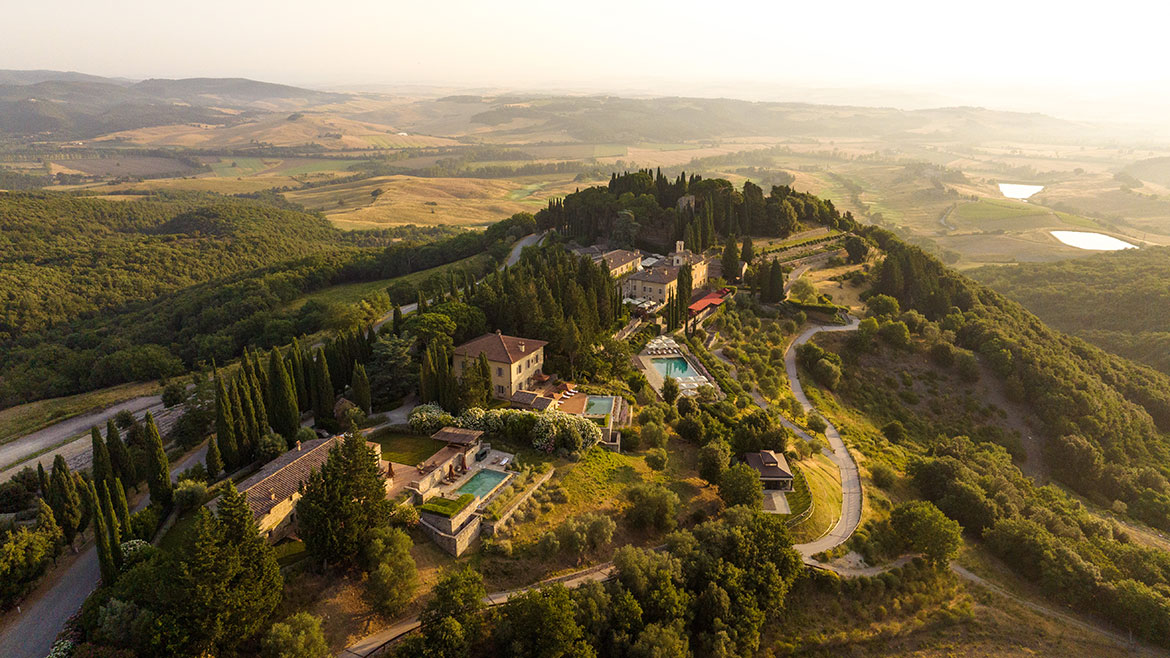 Review: Castiglion del Bosco, A Rosewood Hotel – a Tuscan rural idyll
Review: Castiglion del Bosco, A Rosewood Hotel – a Tuscan rural idyllTravel Play golf, drink exquisite wine and eat good food at Castiglion del Bosco, A Rosewood Hotel, all within the stunning Val d’Orcia National Park in Tuscany
-
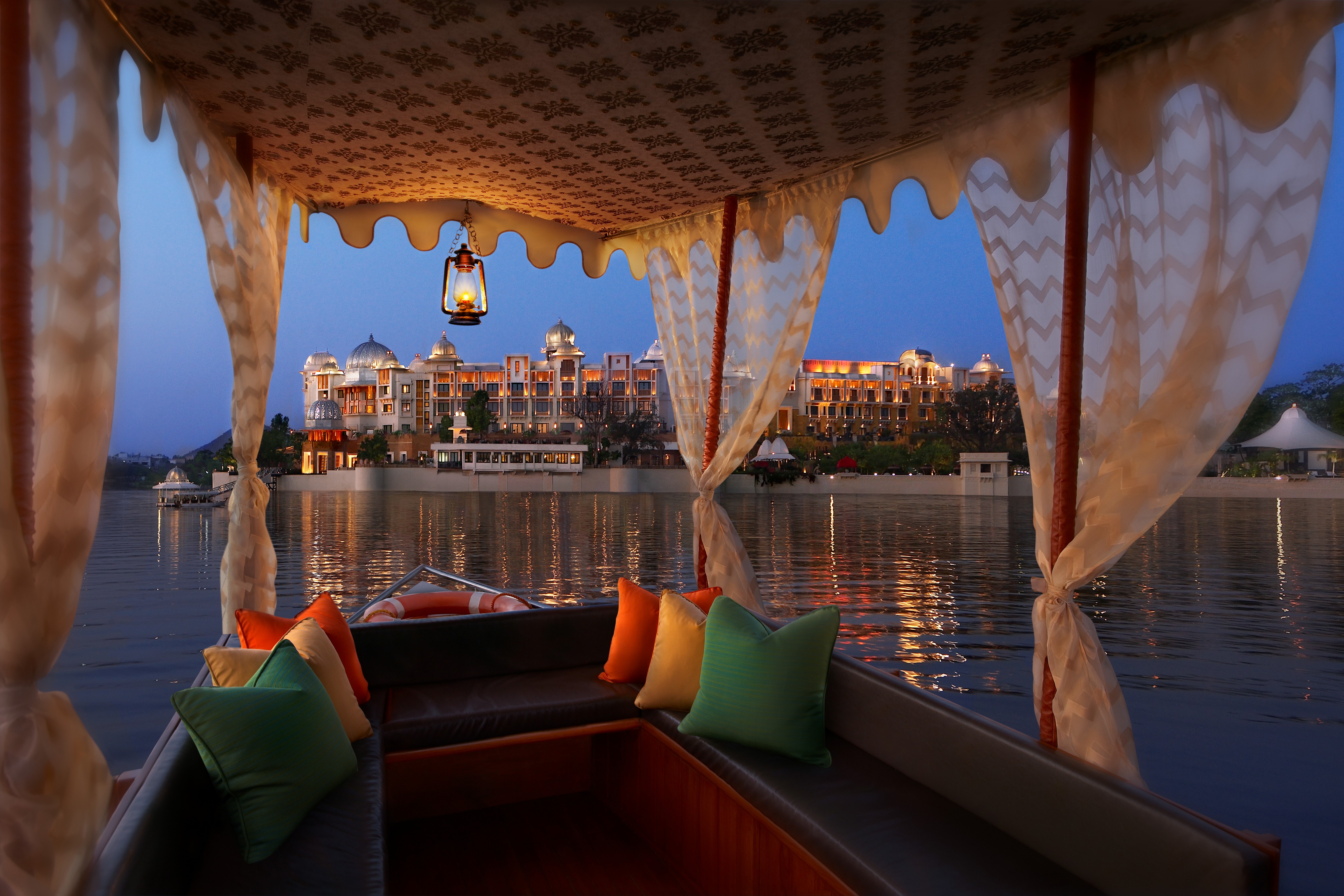 Review: A cultural tour of North India
Review: A cultural tour of North IndiaTravel Jessica Sheldon explores North India's food and art scene from three luxurious Leela Palace hotels in New Delhi, Jaipur and Udaipur
-
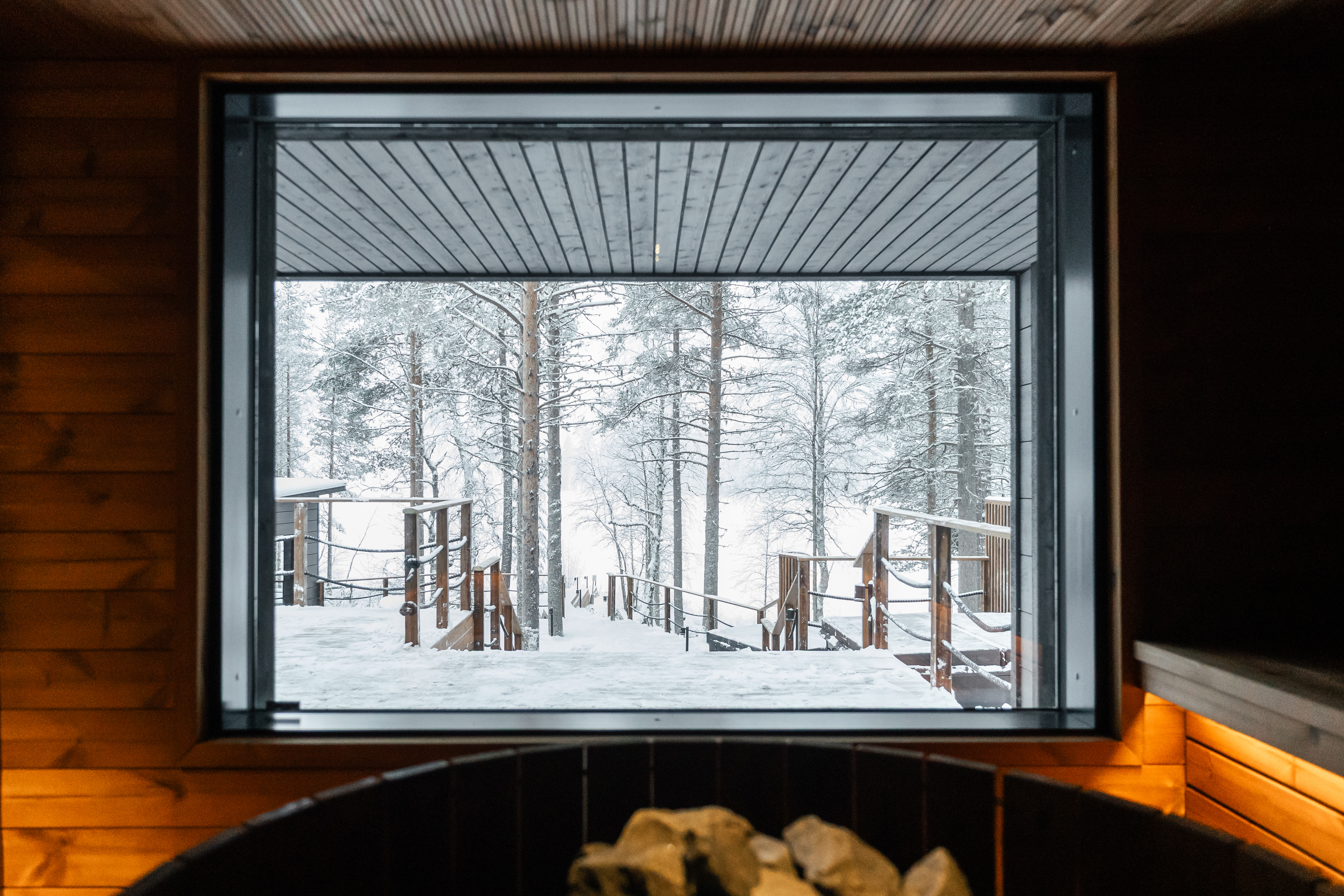 The best luxury saunas, spas and icy plunges
The best luxury saunas, spas and icy plungesRestore your mind and body with luxury fire and ice experiences, from warming saunas to icy plunges